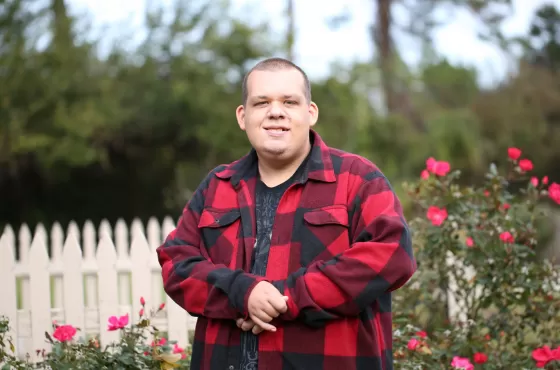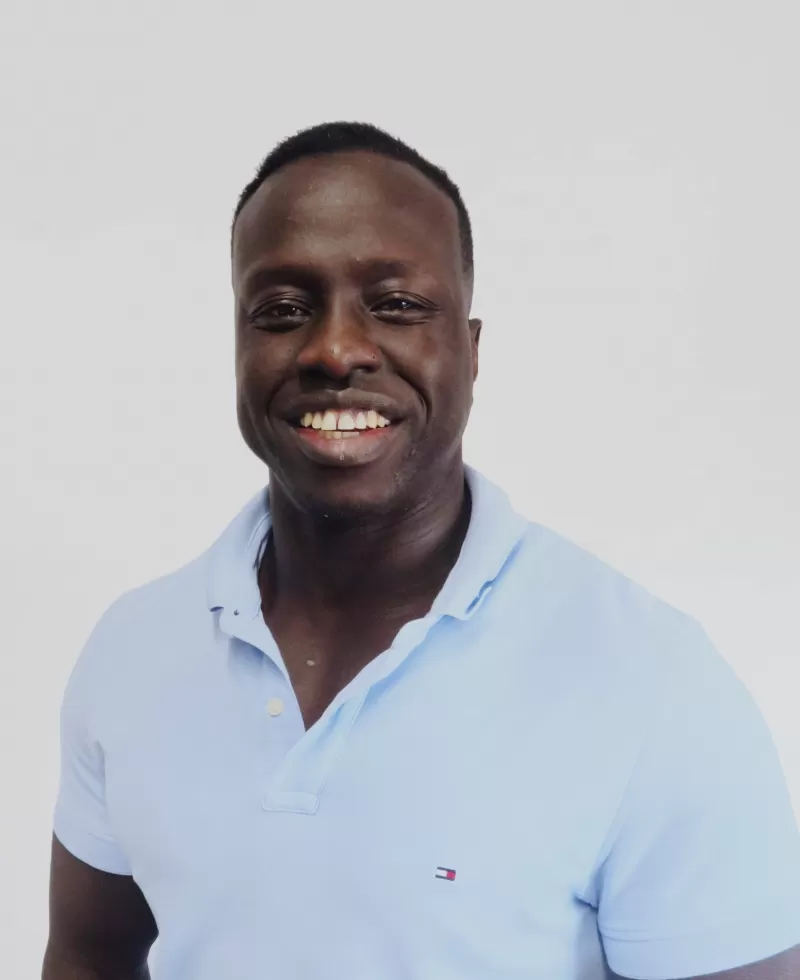Seeking a formal assessment can be empowering. It can bring clarity, helps you access support, and helps you better understand yourself.
By virtue of the condition, the diagnostic process can feel daunting and overwhelming. But it's vital to remember that getting a diagnosis as an adult can be highly impactful. Here's your roadmap to getting started!
Step 1: Reflection and understanding
Why now?
What made you suspect you have autism? Think about patterns of your own behaviour and challenges you’ve experienced now and when you were younger. Also, reflect on things that others have told you about yourself.
Having an idea of these clues and signs will help you articulate your thoughts to professionals. If there’s a lot, it might help to write them down or map them out with a diagram.
Research reputable sources
Start looking into information online but be careful about the source. Make sure you visit the websites of organisations with a good reputation like Autism Spectrum Australia or if you live in South Australia Autism SA.
You can also read academic studies on adult autism. Many are publicly available through Google Scholar.
During your desktop research, pay close attention to common traits present in people with autism. However, keep in mind that the absence or presence of these in yourself is not definitive.
Online self-assessments
While not to be used as a diagnosis, questionnaires can offer useful insight. Avoid 'pop quiz' style ones and opt for ones from respected mental health sites.
Step 2: Seek initial professional consultation
Finding the right fit
For obvious reasons, it's best to work with a practitioner who is experienced in adult autism assessment.
There are several ways to find such a practitioner. Ask your GP, search online directories, or reach out to autism-specific health groups for recommendations. Some websites even let you check reviews of a certain practitioner, and sites like Reddit may have other forms of testimony.
The bottom line is simple: do your research! If the process is going to cost money, you want it to be worthwhile.
Your first appointment
Once you’ve found a practitioner, the assessment process can begin.
Arrive at your first appointment prepared to openly discuss past and present struggles and successes. You’ll likely be asked to share your observations of how your brain works.
It can be hard to open up to a stranger, but it’s their job to help you, not judge you. Honesty matters here - it will help you get the most accurate outcome.
Be specific
If you’ve received previous diagnoses (such as anxiety and ADHD), you should mention this. Yes, it’s possible to have both, but this information will help your practitioner tailor their approach.
If you doubt the accuracy of these diagnoses, you should let your practitioner know. They may be able to help clear up any doubt or amend your diagnosis if needed.
We're plan managers you can count on Looking for help with your NDIS plan?
Step 3: The assessment process
No single path
Autism is a complex condition. It’s not always possible that a single practitioner is going to have enough expertise in every area of your functioning to be a one-stop shop for a diagnosis.
Be prepared for the diagnostic process to involve multiple health professionals. Think psychologists, psychiatrists, occupational therapists, and so on.
Developmental history
Practitioners will likely ask you to delve into childhood memories, school experiences, and how social situations feel to you. As such, you may need to confront some distressing parts of your life.
Support and input from your loved ones can be vital too; your practitioner may request that a family member or close friend comes to a session.
Observation and tools
Behavioural observation is an important part of many diagnostic processes. Here, practitioners will observe you during clinical interviews and while using standardised assessment tools. These observations, along with your responses to questions, will be used to form a whole picture of your place on the spectrum.
Step 4: The diagnostic decision
Understanding the report
Following assessments, professionals provide a detailed report, usually both written and with a feedback discussion. Take the time to read the report a couple of times and be sure to ask questions about anything that gives you pause. You might like to share it with a loved one who can support you.
The spectrum
Keep in mind, diagnoses often go beyond "yes" or "no”. This is especially true for autism, which exists on a spectrum.
If the practitioner feels you do have autism, you’ll receive the “yes”, but also some discussion about where on the spectrum you fall.
Co-occurring conditions
Many adults with autism deal with other challenges, such as anxiety, depression, and sensory processing differences. These might need to be explored if your practitioner is to recommend the right supports for your needs.
Important considerations once autism has been diagnosed
Finding support
Seeking a community of peers with autism (regardless of a formal diagnosis) can provide valuable insight and strategies as you navigate this journey. Searching Facebook, Reddit, or meet-up sites for communities is a good starting point.
Also, finances permitting, consider ongoing therapy. This may help you overcome trauma, whether its related to your autism or not. It’s never a bad idea to work on yourself!
Adjusting expectations
The assessment process shouldn’t be rushed. Specialists need time to properly analyse information and work collaboratively. We know it can be an anxious wait for an answer, but expecting a longer turnaround is key to reducing the emotional burden on yourself.
Self-advocacy
Advocating for yourself means standing up for yourself. If your concerns aren’t taken seriously, or if assessment results feel wrong, don’t be afraid to seek a second opinion.
Seeking clarity – it’s worth the effort
Navigating the road to an adult autism diagnosis takes time and persistence. Yet, for many, this knowledge is incredibly affirming. It helps you tailor personal strategies, connect with community, and find appropriate services. Taking the first step help paves the way towards unlocking understanding, acceptance, and a life lived on your own terms.
Need help on your NDIS journey?
Feeling overwhelmed by NDIS paperwork? Let us take the stress out of managing your plan! Our dedicated team handles all the financial aspects, giving you more time to focus on your health and happiness. Contact us today to learn how we can simplify your NDIS experience: planmanagement@ld.org.au, 08 8256 9835, or fill out our online form.

